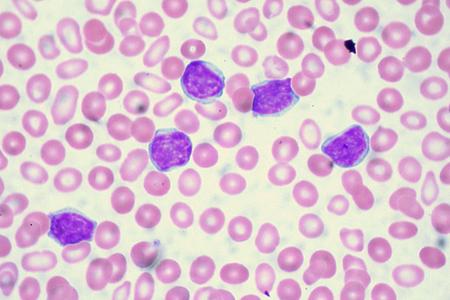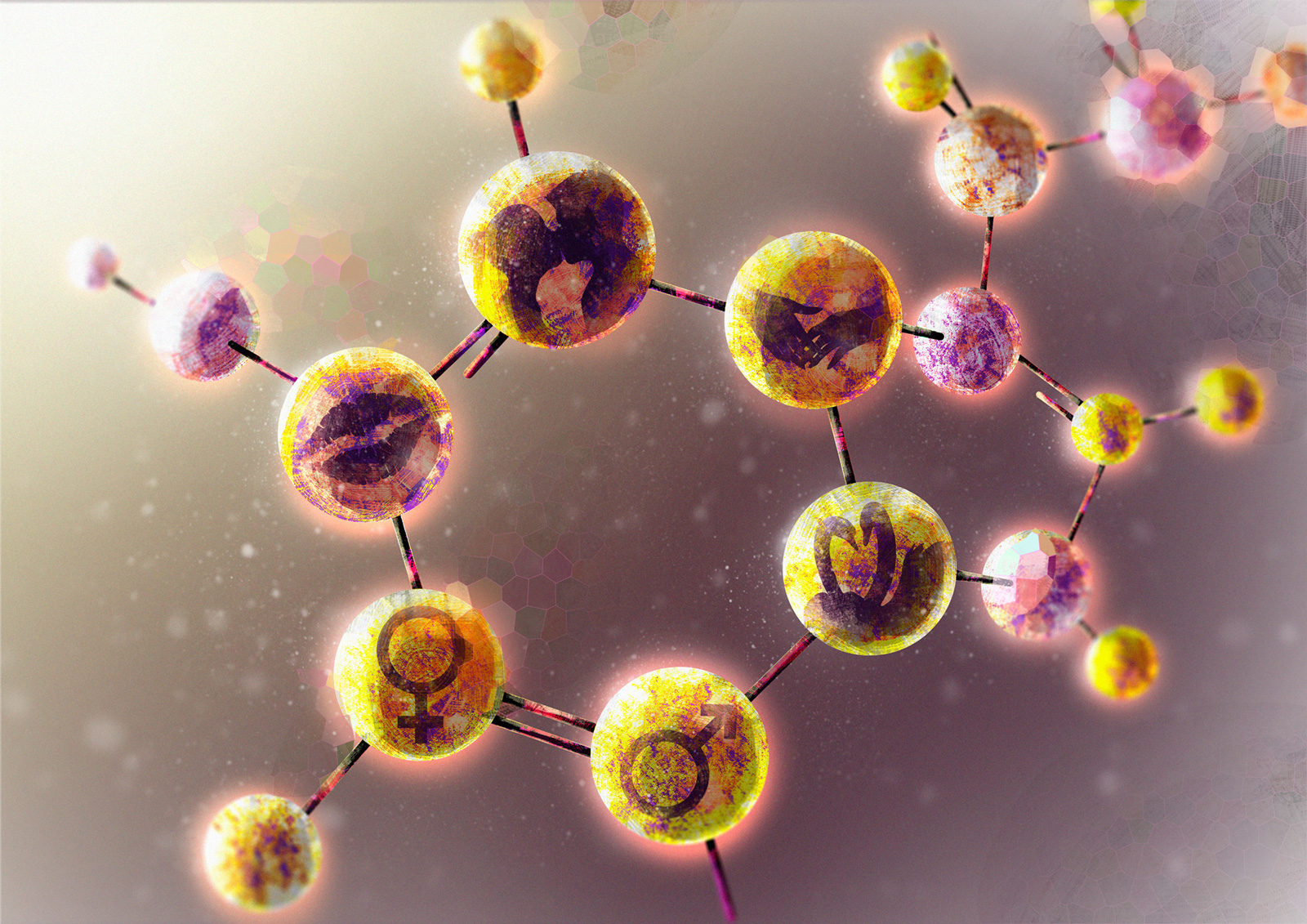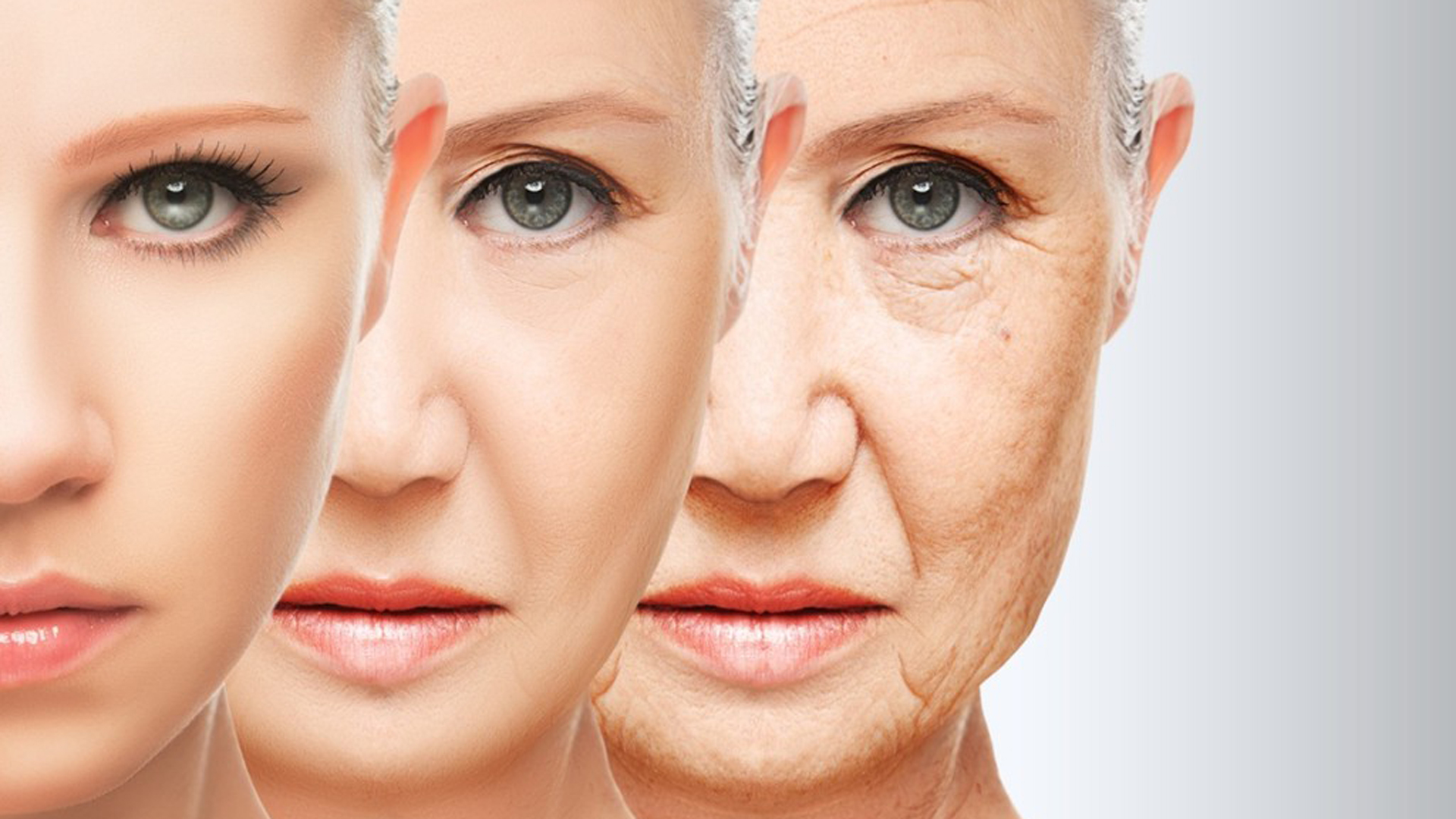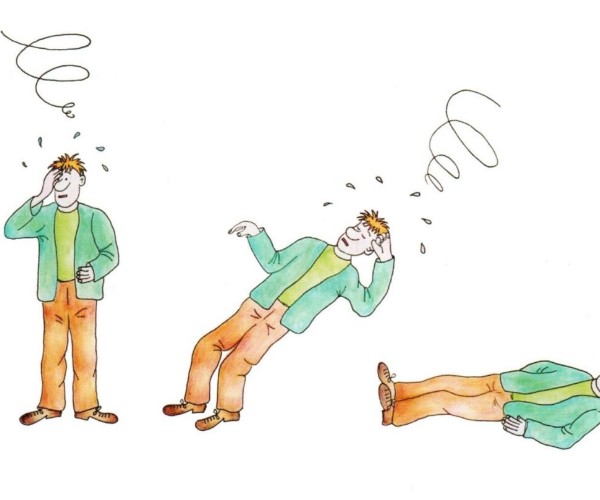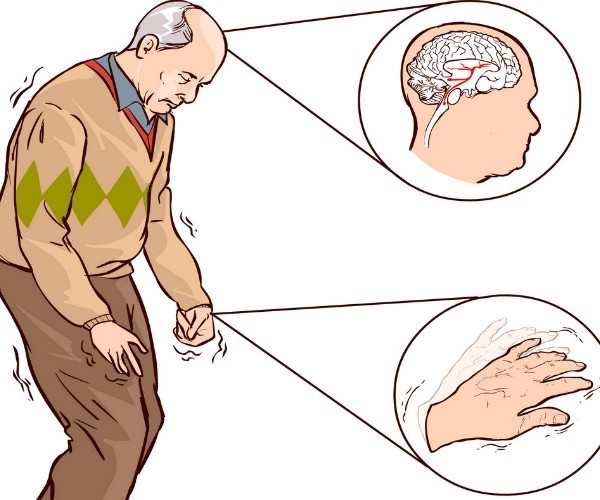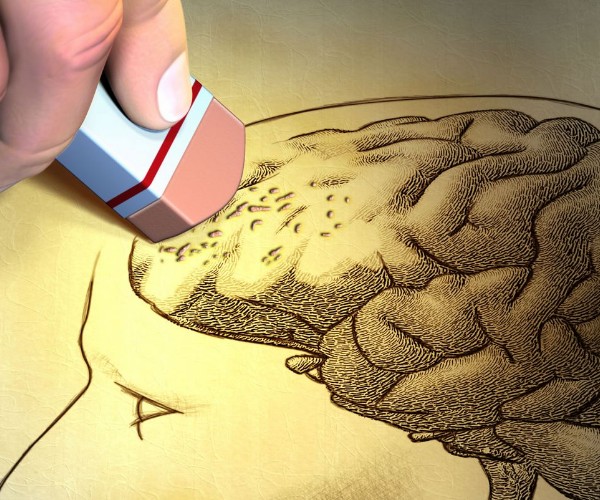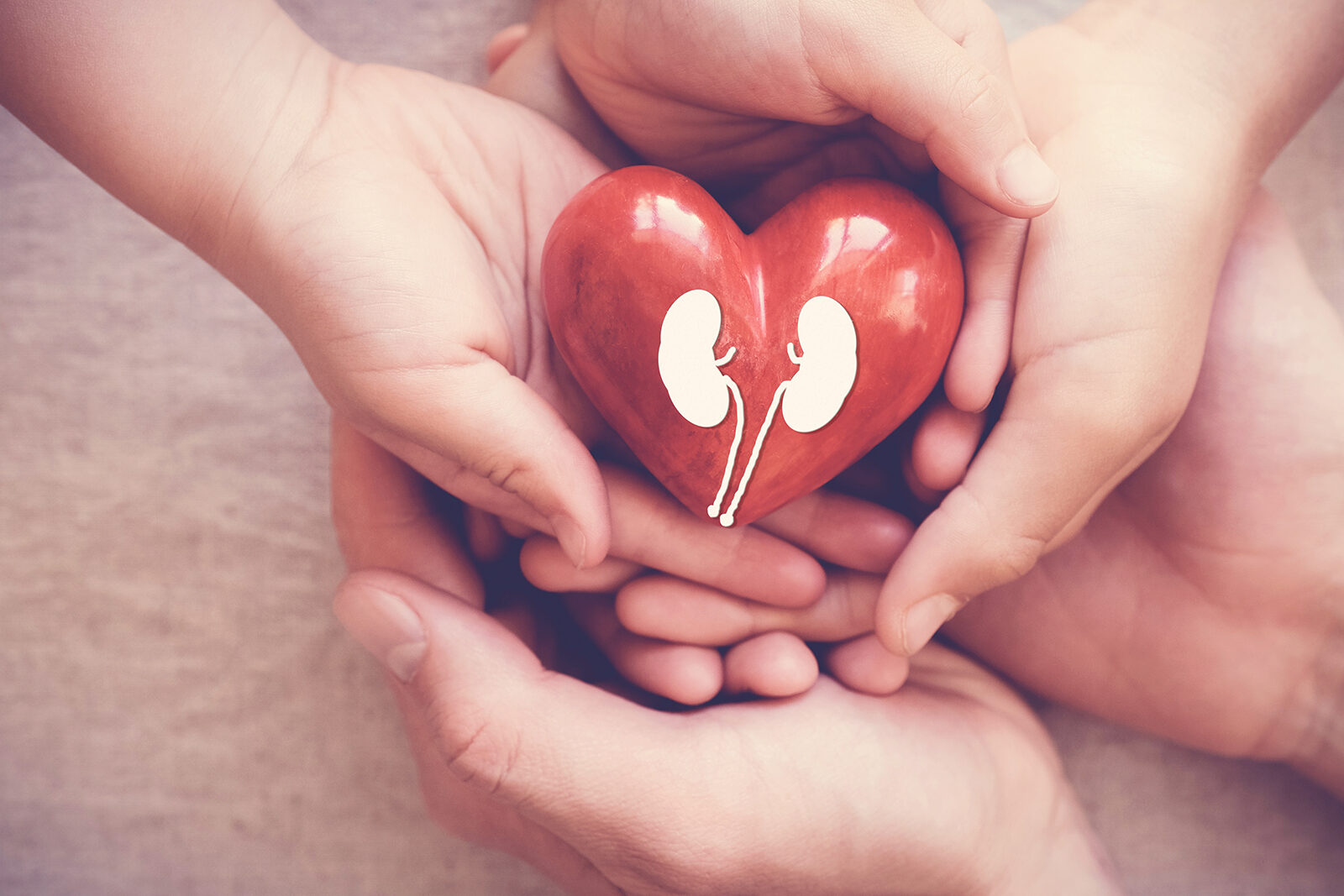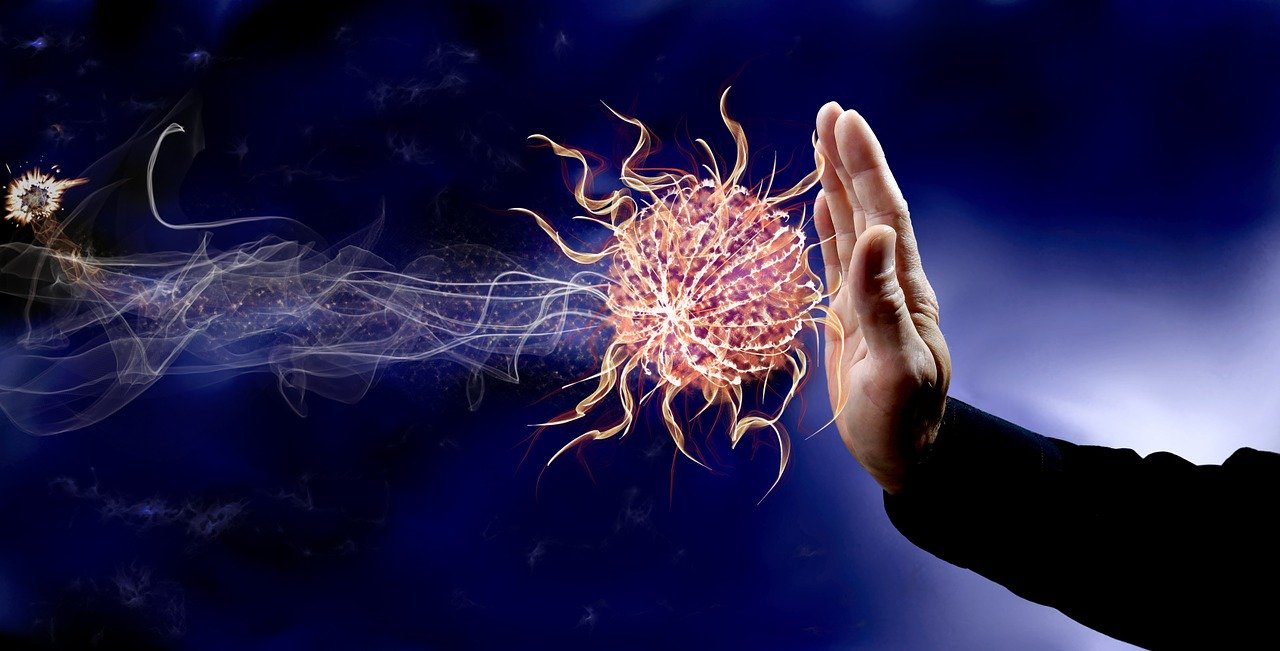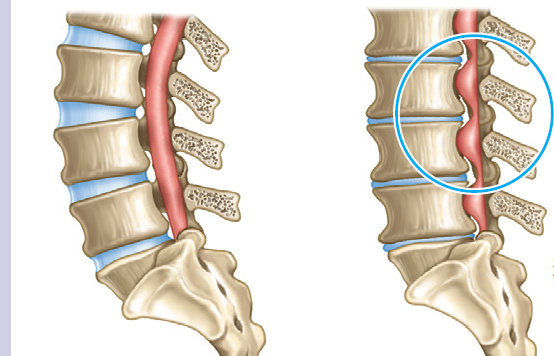Very often in work contexts it is possible for uncomfortable situations to arise, also related to mental illness. This negatively affects the worker’s well-being through increased cigarette consumption or alcohol abuse.
The experience of distress begins with a loss of motivation, a drop in interest in work, and a demotivation toward the work activity, to an outward attribution of blame. This attitude appears as a defense against a frustrating and unrewarding work situation. If one likes the work, but experiences it with dissonance, what comes out is a deleterious effect on the individual’s emotional set-up. Even at the corporate level there can be devastating consequences, which reduce the productivity of the company. Workers under stress feel as if they are suffocated by time and commitments. Under normal conditions, the individual should be able to manage his or her stress level, implement defensive strategies, and effectively use his or her psychological defense mechanisms. However, when stress becomes excessive, it turns into crisis and distress factors. Each individual reacts in his or her own way, stands in relation to himself or herself and the environment, and responds to the stimuli of daily life. Of course, there are extreme situations towards which any living being would have difficulty adapting and surviving, but it is possible to observe that each individual responds differently from the other. When faced with stimuli, the individual takes action to provide appropriate responses. The stimulus can be a thought, an emotion or any other life event. Stimuli are evaluated in relation to one’s way of relating to reality in particular ways.
Hans Selye described in the “general syndrome of adaptation” some typical phases of stress. At first there is a alarm phase, in which the individual assesses the stimulus, takes note of it, and takes prepare for it. The second phase is that of resistance, aimed at to the preservation of equilibrium. Finally, there is the depletion phase, where the energy reserves may be depleted. To manage these phases, the organism activates biological, behavioral, and psychological modifications.
Stress cannot be avoided; in fact, it is precisely because of the stress that we can survive. Stress is the modulator of functions biological and psychological of the individual, helps to live well and give the BEST. A certain degree of stress has positive effects in that it helps the people to improve in critical situations, making them become more alert and Refining concentration skills.
Important reflections can be made
- Each individual has a subjective limit of stress tolerance
- A persistent subjective condition of tension breeds frustration
- Overfitting conditions are nefarious
Stress knows no exceptions: every individual has a limit, beyond which he can no longer handle the tension. It is important know this threshold and be aware of the level of tension, in how stress can be silent and not immediately perceived.
Source : I don’t have time for… As wear and tear cure: operators health care under stress by Ferdinando Pellegrino






